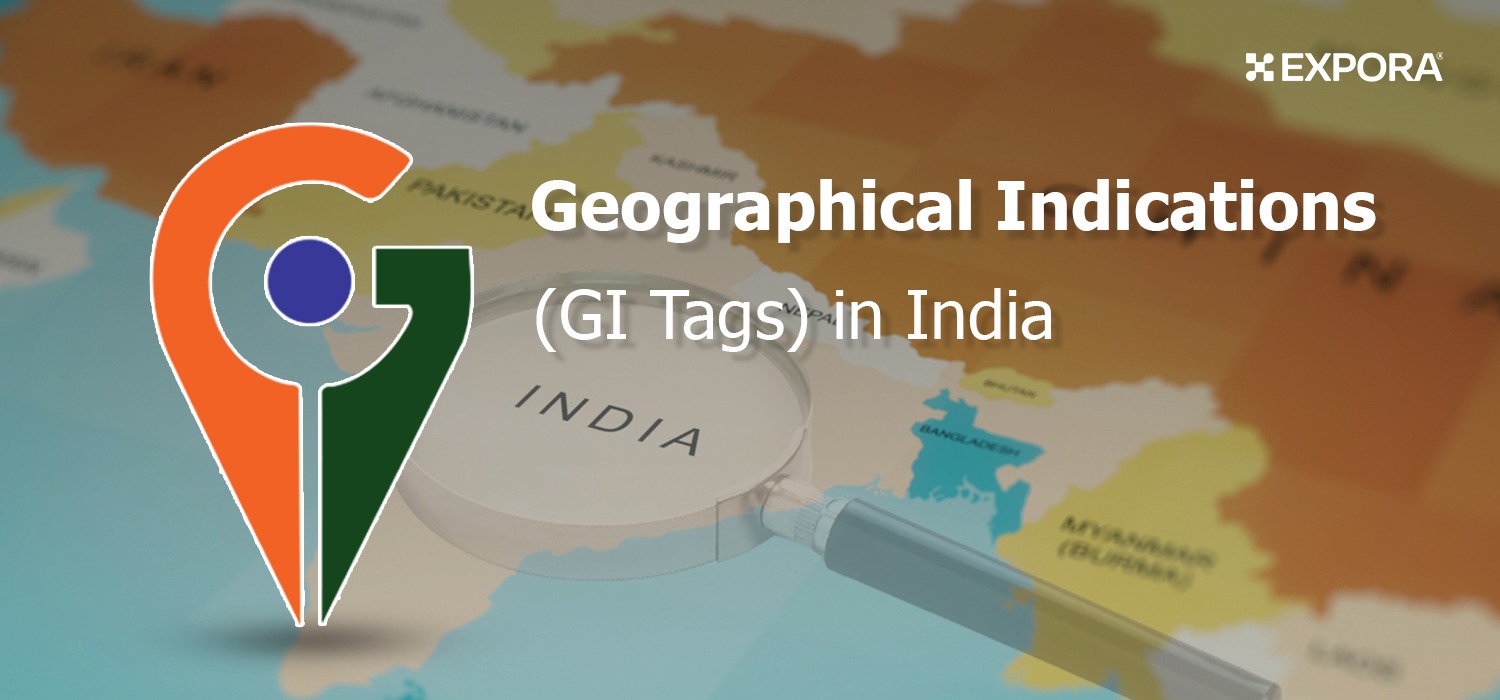Introduction In India, the majority of income comes from the agricultural sector. The nation ranks among the top producers of food items and agricultural goods worldwide. The growth rate of India’s agriculture sector predicted to be 3.5% in 2022–2023 and 3.0% in 2021–2022. In agriculture and related industries, the gross value added (GVA) increased by […]
What is Cargo Insurance: Exploring Meaning, Types, and Benefits
14 Jul, 2023

As an importer or exporter of agro commodities, protecting your valuable shipments during transportation is of utmost importance. This is where cargo insurance plays a vital role. Many different types of cargo insurance coverage are available to protect a wide range of business objectives.
When goods or cargo are in transit, they are vulnerable to potential damage caused by unforeseen road or sea events. In the event of an explosion caused by road incidents or the sinking of container ships, cargo owners will not be adequately compensated by the carrier’s liability.
In this blog, we’ll explore cargo insurance’s meaning, the benefits of cargo insurance, types of cargo insurance, how cargo insurance works, cargo insurance cost, and much more…
What is Cargo Insurance?
Cargo insurance is a key risk mitigation strategy since it safeguards against monetary losses caused by cargo being lost or damaged in transit.
Cargo insurance provides protection against various unfortunate events during the transportation of goods. It covers a wide range of risks, including vehicle accidents, cargo abandonment, damages caused by natural disasters, acts of war, instances of piracy, and more. This insurance serves as a safety net, ensuring that businesses and individuals are financially safeguarded from the potential losses incurred due to the loss or damage of cargo while in transit.
It’s not the same as carrier liability and covers just up to the amount covered. Land cargo insurance covers ground transport, while marine cargo insurance protects shipments traveling by sea or air.
Importance and Benefits of Cargo Insurance
The import-export business involves numerous risks that can result in significant financial losses. Cargo insurance offers the following benefits:
1. Financial Protection
In case of unforeseen incidents, cargo insurance covers the cost of lost or damaged goods, mitigating potential financial setbacks.
2. Risk Management
By transferring the risks associated with transportation to the insurance provider, cargo insurance allows you to focus on your core business operations.
3. Compliance and Peace of Mind
Many trade contracts and regulations require cargo insurance, ensuring compliance and providing peace of mind to both importers and exporters.
Types of Cargo Insurance
Cargo insurance can be categorized into three types based on the method of transportation:
- Road or surface transportation insurance
- Air transport insurance
- Marine cargo insurance
It’s worth noting that cargo insurance typically covers the entire journey, regardless of the specific modes of transport used.
While there are notable differences between transportation types, cargo insurance is generally categorized according to coverage details, according to Institute Cargo Clauses (ICC).
The Institute Cargo Clauses (ICC) defines three distinct types of cargo insurance, which allow for a comprehensive understanding of the coverage provided. These 3 types of marine cargo insurance provide varying levels of coverage for different risks. Type C offers the minimum coverage, Type B provides medium coverage, and Type A, commonly referred to as all risks, offers the highest level of coverage. Let’s dive into specifics of these:
Type A (All-Risk Insurance)
This provides broad coverage for most common perils during transportation. It offers protection against physical loss or damage from external causes, but certain exclusions apply like customs rejection, cargo abandonment, etc.
Type B (With Average Insurance)
With this coverage, total loss events and partial loss of below deck cargo are treated as total loss scenarios. With Average (WA) coverage is often taken out to extend Type C contracts, as it provides additional protection from extreme weather events. It can be extended to include additional protection for theft, pilferage, and non-delivery.
Type C (Free of Particular Average Insurance)
This is a specialized policy provision that covers only total loss events. It does not cover partial losses and is typically used for specific perils, such as sinking, stranding, fire, or collision.
How does Cargo Insurance Work?
Cargo insurance typically involves the following steps:
Policy and Coverage: The owner of the cargo or the party responsible for insuring it obtains a cargo insurance policy from an insurance provider. The policy outlines the terms, conditions, and coverage details.
Declaration: The insured party declares the details of the cargo to the insurance company, including the nature of the goods, their value, and the mode of transportation.
Premium Payment: The premium is determined based on two key factors: the value of the cargo being insured and the desired level of coverage. Several variables come into play when determining the premium amount, including the nature of the goods being transported, how they are packaged, the specific mode of transportation utilized, the designated route, and the deductible selected by the insured party.
Coverage Period: The cargo insurance policy specifies the coverage period, which typically starts from the time the goods leave the origin location until they reach the destination. Some policies may also include coverage during storage or intermediate stops.
Loss or Damage: In the event of loss, damage, or theft of the cargo within the policy period, the insured party initiates a claim with the insurance company. The claim submission comprises essential documents such as the bill of lading, packing list, commercial invoice, and evidence substantiating the incurred loss or damage.
Claim Evaluation: The insurance company reviews the claim and assesses the extent of the loss or damage. They may investigate the circumstances surrounding the incident, including the condition of the cargo, the packaging, and the transportation process.
Claim Settlement: Once the claim is approved, the insurance company provides compensation to the insured party based on the terms of the policy. The settlement amount is typically determined by the actual value of the cargo at the time of the loss, minus any applicable deductibles or exclusions mentioned in the policy.
Cargo insurance does not provide comprehensive coverage for all risks and its terms and conditions can vary depending on the policy type and agreements made between the insured and the insurance provider.
It is recommended to thoroughly examine the policy documents and seek advice from an insurance professional to fully comprehend the specific details and restrictions of the cargo insurance coverage being obtained.
How much does Cargo Insurance cost?
The cost of cargo insurance varies depending on multiple factors, including the nature of goods, transportation mode, destination, coverage type, and risk factors. Generally, the insurance premium is calculated as a percentage of the cargo’s value, ranging from 0.02 to 2 or more.
At EXPORA, we have a dedicated team that specializes in working closely with insurance companies. Our expert team excels at securing highly competitive rates for cargo insurance, negotiating premiums as low as 0.02 for you.
Cargo Insurance Calculator
The calculation of cargo insurance cost is not that difficult, but you must accurately assess the value of the insured products. Typically, the cargo insurance premium for a particular shipment is calculated on 110 of the accessible value of the cargo multiplied by the premium percentage.
Consulting with insurance providers and utilizing online cargo insurance calculators can give you a more accurate estimate based on your specific trade requirements.
Conclusion
Cargo insurance is a crucial risk mitigation tool for businesses engaged especially in international trade. It helps protect against financial losses due to damage or loss during transit and provides peace of mind to both the cargo owner and their customers.
Selecting the optimal marine cargo insurance provider for your goods requires careful consideration of your specific requirements..
By understanding what cargo insurance is, its types, cost, and benefits, businesses can make informed decisions regarding the protection of their cargo and can choose the right insurance company.



